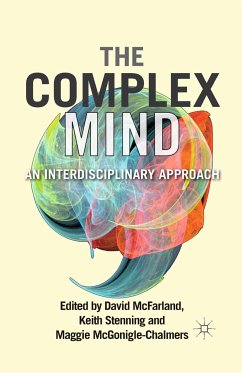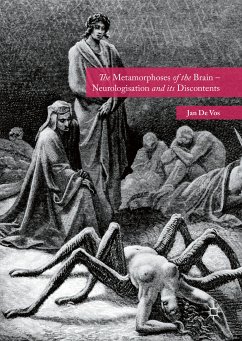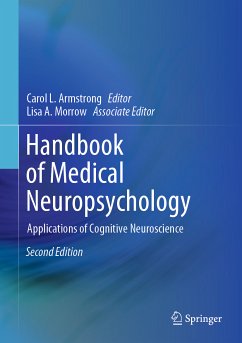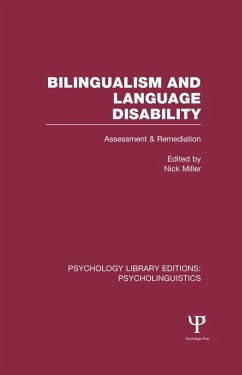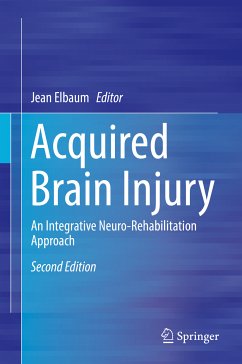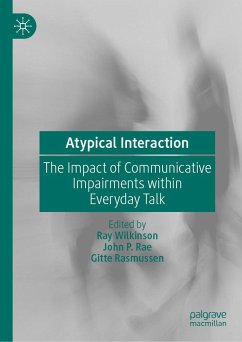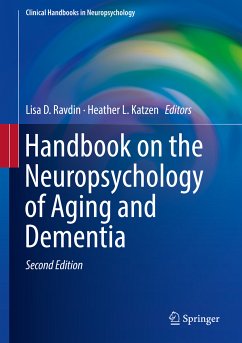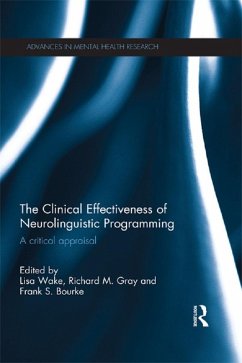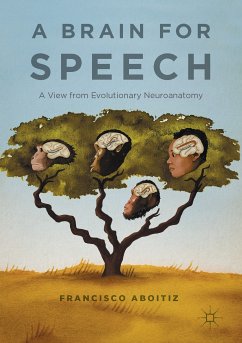
A Brain for Speech (eBook, PDF)
A View from Evolutionary Neuroanatomy
Versandkostenfrei!
Sofort per Download lieferbar
112,95 €
inkl. MwSt.
Weitere Ausgaben:

PAYBACK Punkte
56 °P sammeln!
This book discusses evolution of the human brain, the origin of speech and language. It covers past and present perspectives on the contentious issue of the acquisition of the language capacity. Divided into two parts, this insightful work covers several characteristics of the human brain including the language-specific network, the size of the human brain, its lateralization of functions and interhemispheric integration, in particular the phonological loop. Aboitiz argues that it is the phonological loop that allowed us to increase our vocal memory capacity and to generate a shared semantic ...
This book discusses evolution of the human brain, the origin of speech and language. It covers past and present perspectives on the contentious issue of the acquisition of the language capacity. Divided into two parts, this insightful work covers several characteristics of the human brain including the language-specific network, the size of the human brain, its lateralization of functions and interhemispheric integration, in particular the phonological loop. Aboitiz argues that it is the phonological loop that allowed us to increase our vocal memory capacity and to generate a shared semantic space that gave rise to modern language. The second part examines the neuroanatomy of the monkey brain, vocal learning birds like parrots, emergent evidence of vocal learning capacities in mammals, mirror neurons, and the ecological and social context in which speech evolved in our early ancestors. This book's interdisciplinary topic will appeal to scholars of psychology, neuroscience, linguistics, biology and history.
Dieser Download kann aus rechtlichen Gründen nur mit Rechnungsadresse in A, B, BG, CY, CZ, D, DK, EW, E, FIN, F, GR, HR, H, IRL, I, LT, L, LR, M, NL, PL, P, R, S, SLO, SK ausgeliefert werden.
Alle Preise in Euro und inkl. der gesetzl. MwSt. | Innerhalb Deutschlands liefern wir preisgebundene Bücher versandkostenfrei. Weitere Informationen: bitte hier klicken
Support
Bitte wähle dein Anliegen aus:
Rechnungen
Bestellstatus
Retourenschein
Storno



